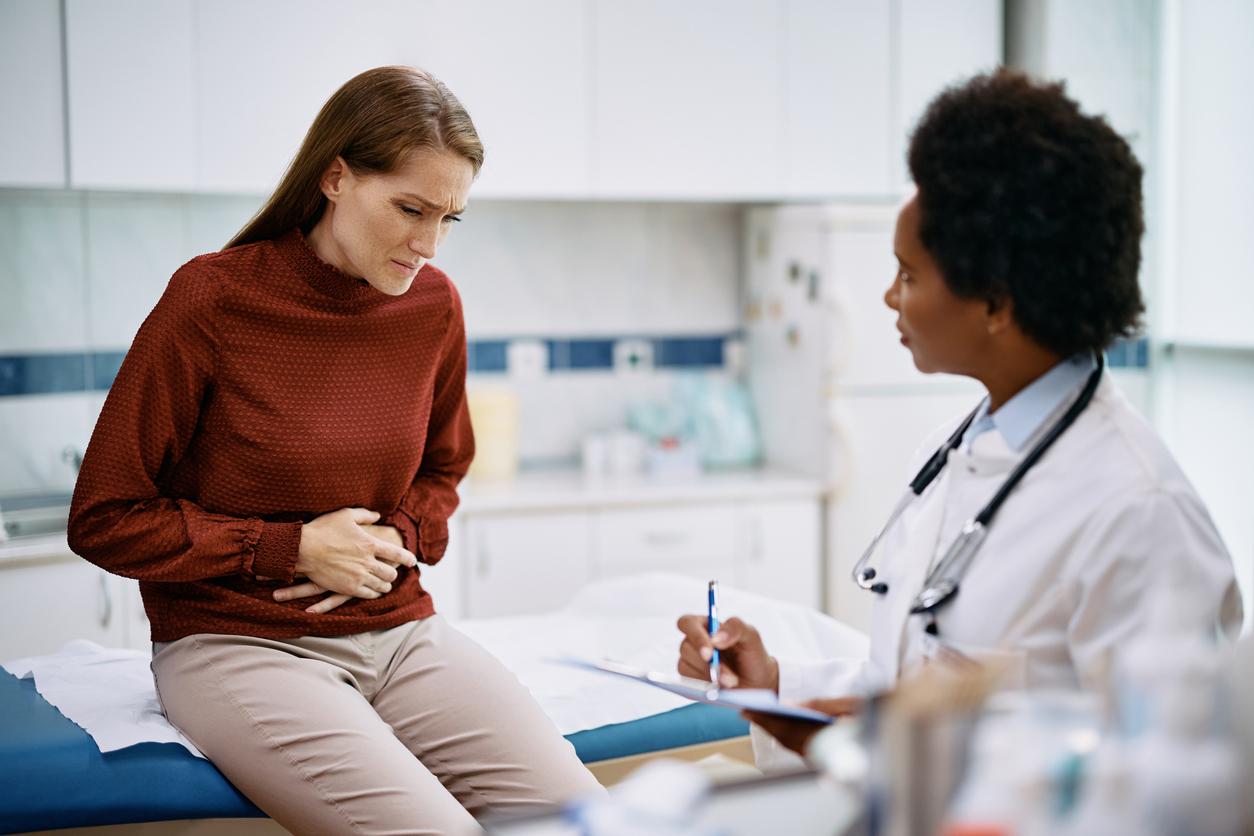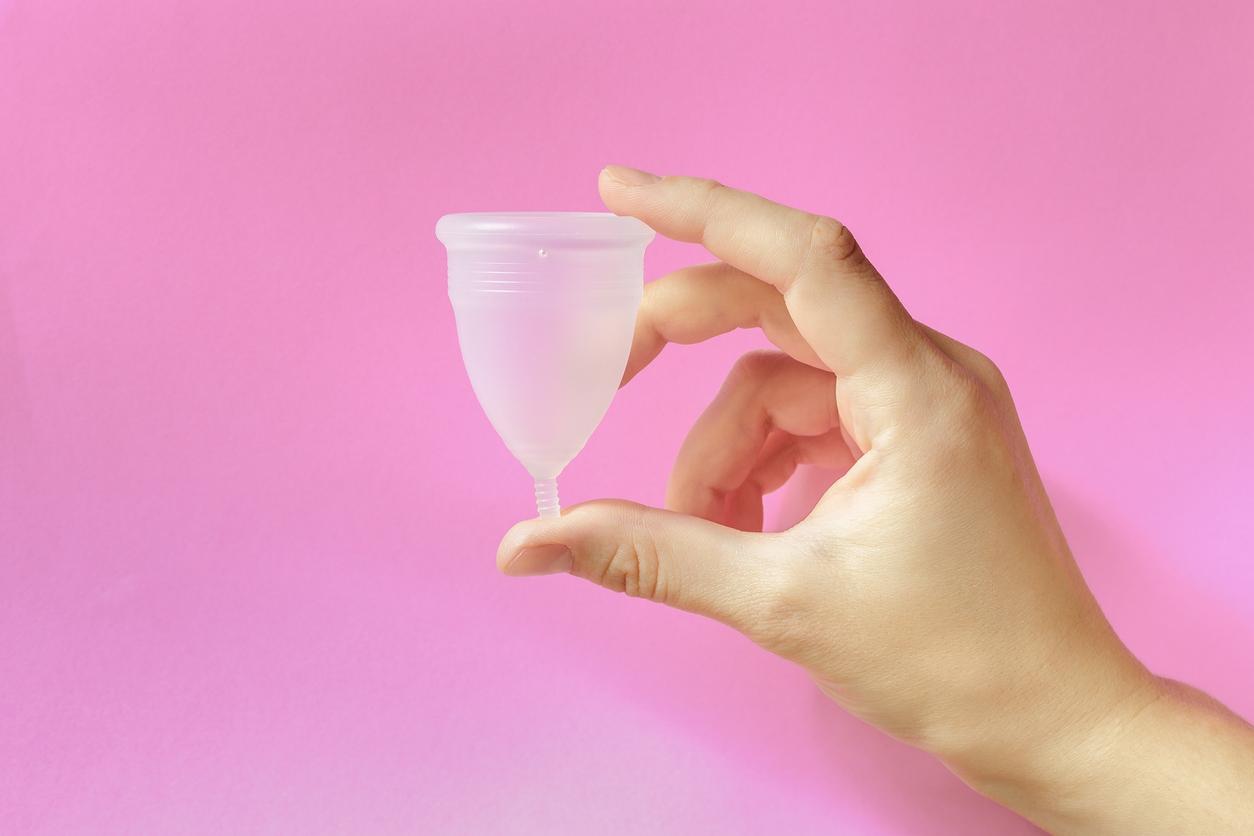The National Medicines Safety Agency (ANSM) has not been able to establish a causal link between vaccination against Covid-19 and menstrual disorders.

- The menstrual cycle is the set of physiological phenomena, most often occurring periodically, which prepare the woman’s body for possible fertilization.
- The most visible manifestation of these changes is menstruation.
Following the complaints of many women, an expertise on the association between menstrual disorders and vaccination against Covid-19 was carried out by the ANSM.
“Short-lived events”
3,870 cases have been declared since the start of follow-up, including 89 serious cases (2.3%). The median onset of disturbances was 7 days after vaccination in 57.4% of cases, and between 8-15 days in 14.4% of cases. For 178 cases, the menstrual disorders occurred both after the first and the second injection. The effects are mainly manifested in two ways: by abnormal bleeding (metrorrhagia, menorrhagia) and by menstruation delays and amenorrhea.
“These are mainly short-term and self-limiting events”, say public health experts. “Available data does not do not make it possible to determine the direct link between the vaccine and the occurrence of these menstrual cycle disorders”, they add, before specifying all the same that “These events remain under surveillance”.
What to do in case of menstrual disorders?
The ANSM also invite women in whom menstrual disorders persist over several cycles to consult their doctor. With regard to healthcare professionals, the experts make the following recommendations:
– if the patient is taking hormonal treatment, it must be checked that there has been no poor compliance or vomiting which could be the cause of an interruption in taking the treatment;
– if the patient is not taking hormonal treatment or if there has been no interruption of treatment, it must be checked that this is not an acute symptomatology; it is also necessary to verify the absence of pregnancy (delayed menstruation, repeated bleeding), and finally to keep in mind the possibility that the patient develops a gynecological disease (polycystic ovary syndrome, hyperprolactinemia, etc.) concomitantly with the vaccination. If the symptoms persist in the following month, it is necessary to launch investigations to consider such an underlying pathology.
.
















